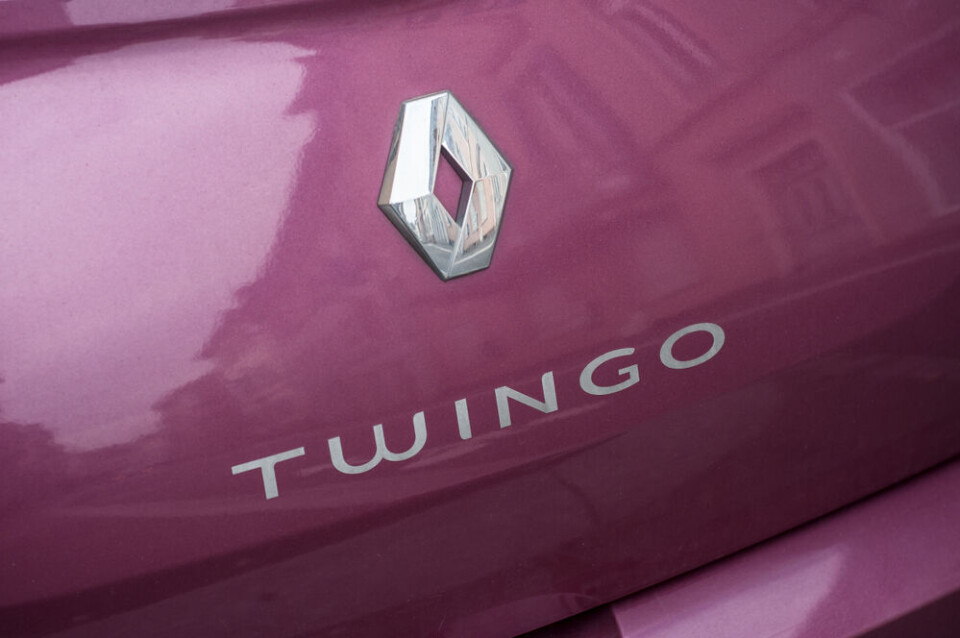-
French nature festival is a paradise for bird watchers
The spring event runs from April 12-20, showcasing the rich flora and fauna of the Baie de Somme
-
D-Day silhouettes overlooking the British Normandy Memorial return for a second year
‘I don’t think anyone could walk through without getting a real sense of respect for the soldiers who died here’
-
Local election rule changes in France and why you may have a new mayor in 2026
Communes with fewer than 1,000 residents are particularly set to see changes from next year
Why cars are being found on their sides outside French homes
The mystery has been solved by police after rising reports of the incidents across the country, with models such as the Renault Twingo and Clio and Toyota Prius most affected

The mystery of why some cars have been found turned on their sides across France apparently without explanation has been solved.
The phenomenon was reported in Ariège (Occitanie) most recently, but police have heard incidents of the issue from all over the country over the past few weeks, including around 15 in Oise in northern France alone.
Despite its mysterious appearance, the phenomenon has a more prosaic explanation; it is a technique used by thieves to steal the car’s catalytic converter.
These parts are fetching high prices on the black market, and contain precious metals such as palladium or rhodium, the latter of which is currently selling at prices 11 times higher than gold.
Certain smaller cars are easier to turn on their sides than others, including the Renault Twingo and Clio, and the Toyota Prius and Auris, which explains why these models have been most affected.
Jean-Pierre Reynaud, colonel gendarmerie in Loiret, said: “It’s a very well-structured and organised network, with the capacity to transport and sell [the parts].”
Without a catalytic converter – which aims to reduce the harmfulness of exhaust fumes – cars are unusable.
One mechanic told FranceInfo: “If the entire part has been stolen, it can cost €1,500 to fix.”
One recent victim, Stéphan Pivot, whose car is being repaired, said: “I live in a village, and I can’t do anything without a car - not even go to the pharmacy. I now have to ask someone [for a lift].”
Related articles
Toyota Prius tops list of most stolen car model in France in 2021
French drivers take Renault to court for alleged motor fault deception
Renault cars have 'severe defect', says consumer group
























